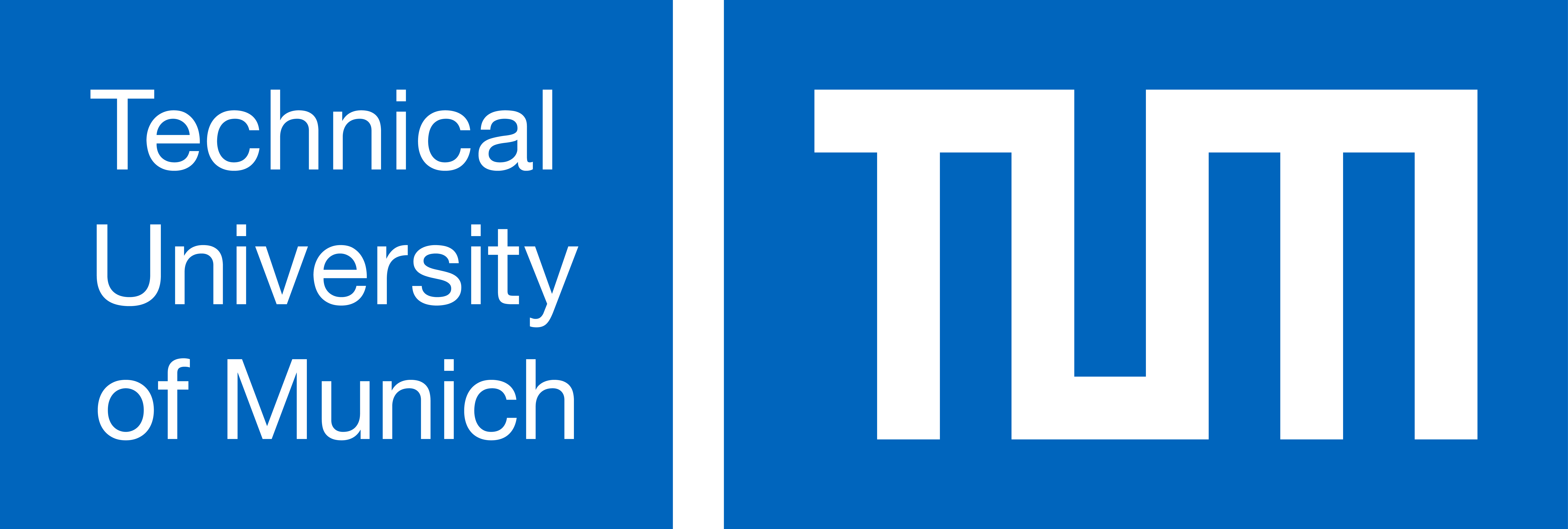About this course
In the module "Medical technology 2 – an organ system-based approach", the fundamentals of therapeutic and diagnostic medical technology are taught in a structured manner for specific organ systems. This is accomplished with a systematic approach that first presents the anatomical and physiological basics of the organ system, and subsequently addresses the relative pathology with a selection of the most common diseases. Finally, the medical technology solutions for the diagnosis and therapy are presented. Here, besides well-established medical technology, we will also address new developments and emerging strategies reaching the clinic, such as regenerative medicine (e.g., cell therapy). By offering units on basic knowledge (e.g., cell biology, imaging techniques, anatomical terminology), all students are brought up to the same level of preparation, independently of their previous education. The module “Medical technology 2 – an organ system-based approach” focuses on the following organ systems (subject to change): respiratory system, nervous system, urogenital system, digestive system and sensory system (e.g. ear). Guest lectures from medical technology companies in the Munich area as well as clinicians active in Munich clinics complement the lectures with expert insights in different applications related to the treated organ systems. The module is complementary to “Medical Technology 1 – an organ system-based approach”, which deals with other organ systems.
Learning outcomes
After successful participation in the module "Medical Technology 2 - an organ system based approach", students have the following skills:
- Basic knowledge of the anatomy, physiology and pathology of organ systems
- Understanding of the functional principles of the corresponding medical diagnostic and therapeutic solutions
- Knowledge of the use of medical technology solutions in the medical environment
- Ability to apply the knowledge for own medical technology developments, for example in the form of bachelor, semester or master theses.
- Evaluation of regulatory and legal requirements for the manufacture, certification and marketing of medical devices
Examination
In a written examination (duration: 90 min.) the understanding of the gained technical knowledge is checked. The students should demonstrate that they are familiar with the anatomy, physiology and pathology of organ systems as well as the corresponding medical technology solutions and are thus able to critically evaluate medical technology problems. This also includes the ability to assess the legal requirements for the production, approval and marketing of medical devices.
Course requirements
none
Resources
- - Anatomy and Physiology by OpenStax - Medizin für Ingenieure, Gunther O. Hofmann, Hanser, 2021, ISBN 978-3-446-46423-0 - Materials for medical application, Robert B. Heimann, De Gruyter, 2020, ISBN 978-3-11-061924-9
Activities
The module consists of a lecture and an exercise. In the lecture, the theoretical basics (e.g. anatomy, physiology and pathology of organ systems, functional principles of the corresponding technical diagnostic and therapeutic solutions) are taught in a structured and comprehensive manner. In addition to the lecturer's presentation, the teaching of the basics is also visually supported by videos. By integrating teaching units on basic knowledge that some students have already learned in previous courses (e.g. basic cell biology), all students should be brought to the same level of knowledge. The presented slides as well as further information will be made available to the students online via the Moodle learning management system in order to enable them to follow up the content on their own. In the exercises, the acquired knowledge about the use of medical technology solutions can be further deepened by attending surgical operations, where both the disease patterns and the therapeutic measures can be demonstrated live and discussed with clinical experts. The exercise thus consolidates the knowledge by providing a connection to the real clinical environment. After the lecture, the students have the opportunity to ask the lecturer specific questions individually or in small groups. Through the question-answer format, further gaps in knowledge can be closed or individual areas of interest can be explored in greater detail. The lecturer will go beyond the contents of the lecture in the explanations in order to place the knowledge in a larger medical technology context.
Additional information
- More infoCoursepage on website of Technical University of Munich
- Contact a coordinator
- CreditsECTS 5
- Contact hours per week3
- InstructorsMarkus Eblenkamp, Felizitas Novotný, Markus Schönberger, Matthias Schuh, Systemadministrator, Johannes Gattinger, Dirk Felix Wilhelm, Teresa Huppmann, Andreas Robeck, Sarah Burkhardt, Hubertus Feussner, Guilherme Moniz Rosas, Max Michael Bauer, Miriam Haerst, Vera Seitz, Stefanie Ficht, Salma Mansi, Silvano Reiser, Nils Kohn, Diana Rojas Gonzalez, Erich Wintermantel, Cécile Boudot, Stefan Fischer, Markus Ahrens, Katharina Düregger, Richard Schmid, Dario Arcuti, Franz Bauer, Valerie Werner, Denys Loeffelbein, Petra Mela, Paulina Kraus, Michael Kranzfelder, Zhaoyang Zhong, Alexander Henhammer, Fabian König
- Mode of instructionHybrid
Offering(s)
Start date
29 April 2025
- Ends22 July 2025
- Term *Summer 2025
- Instruction language
Enrolment period closed
